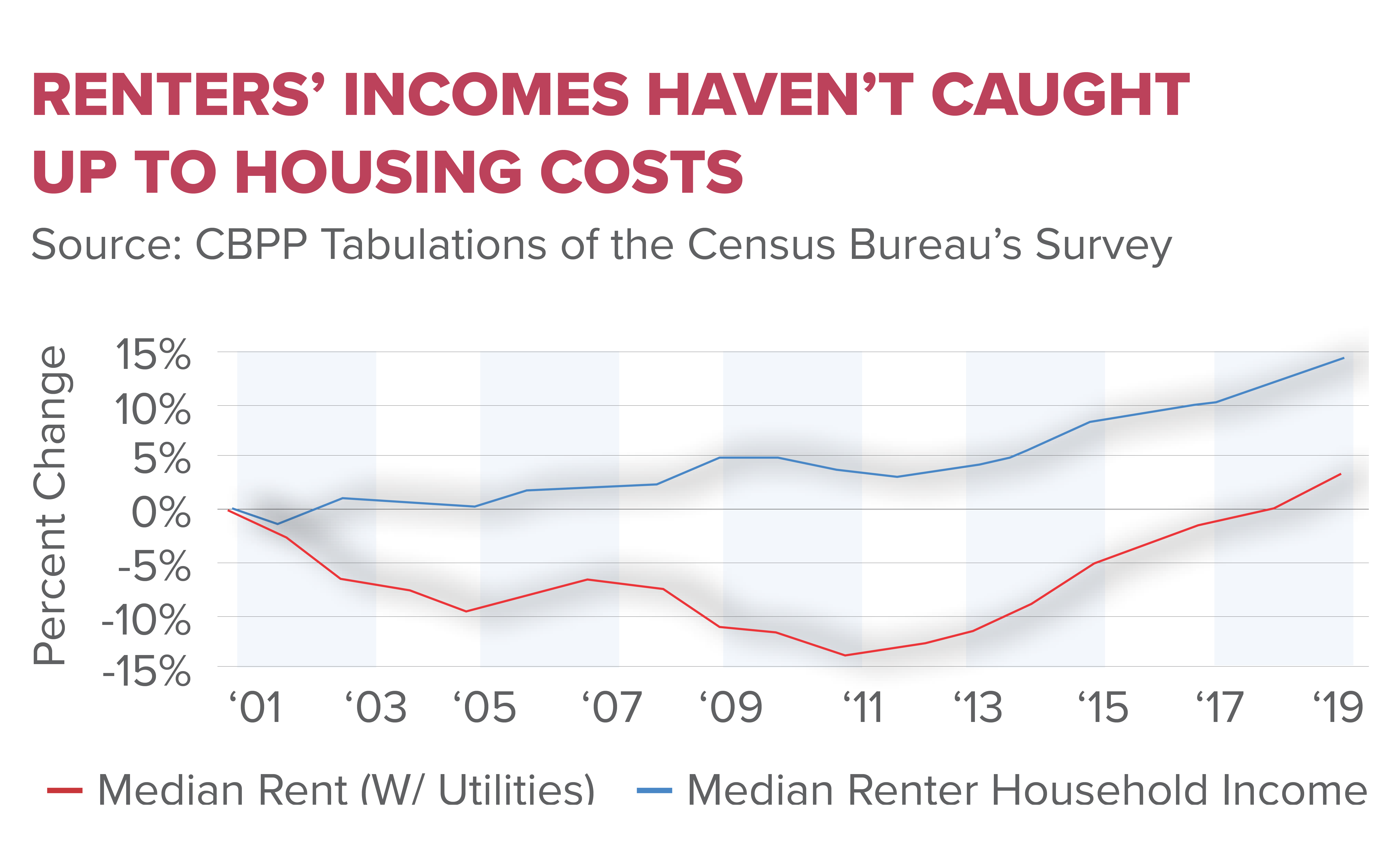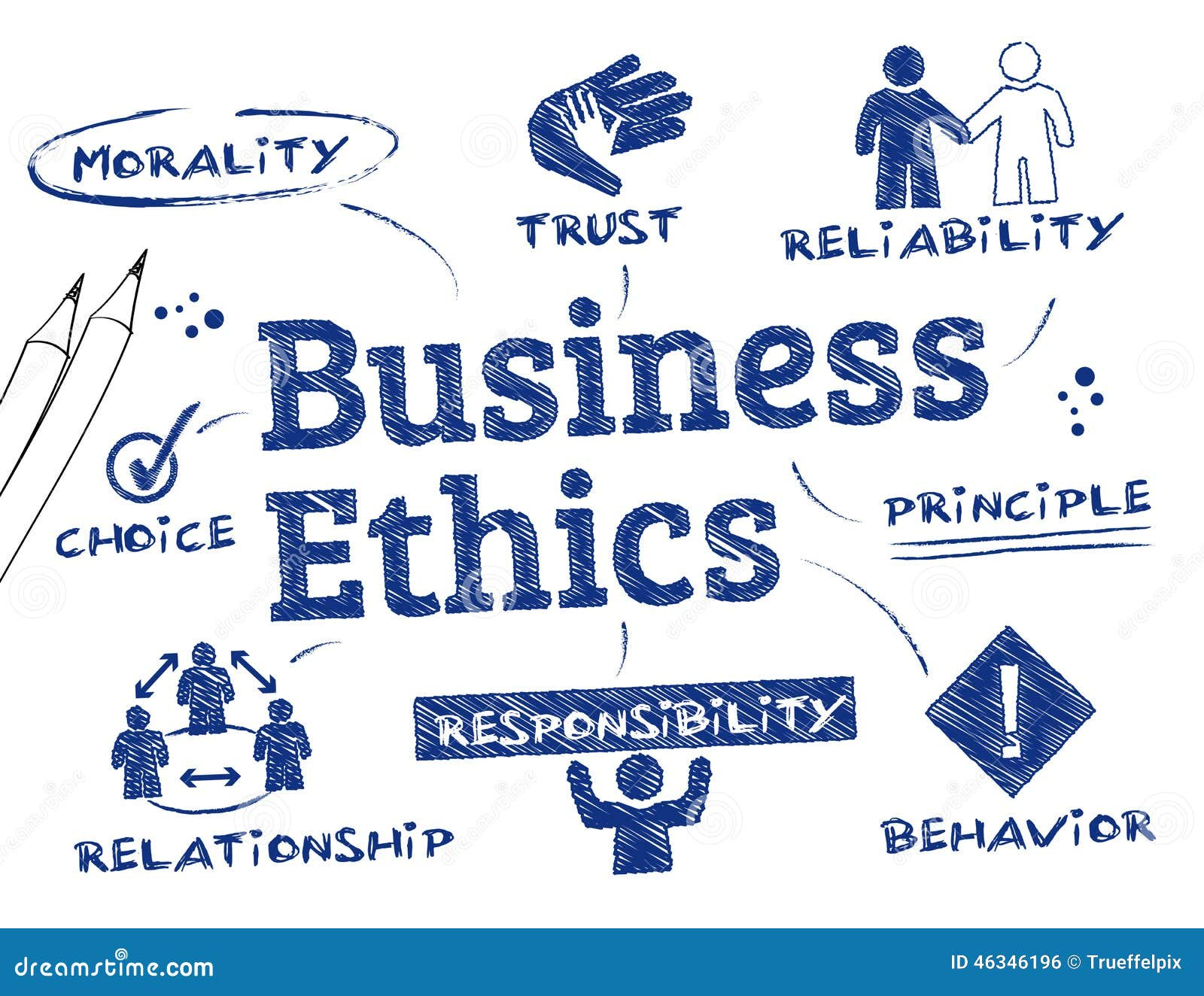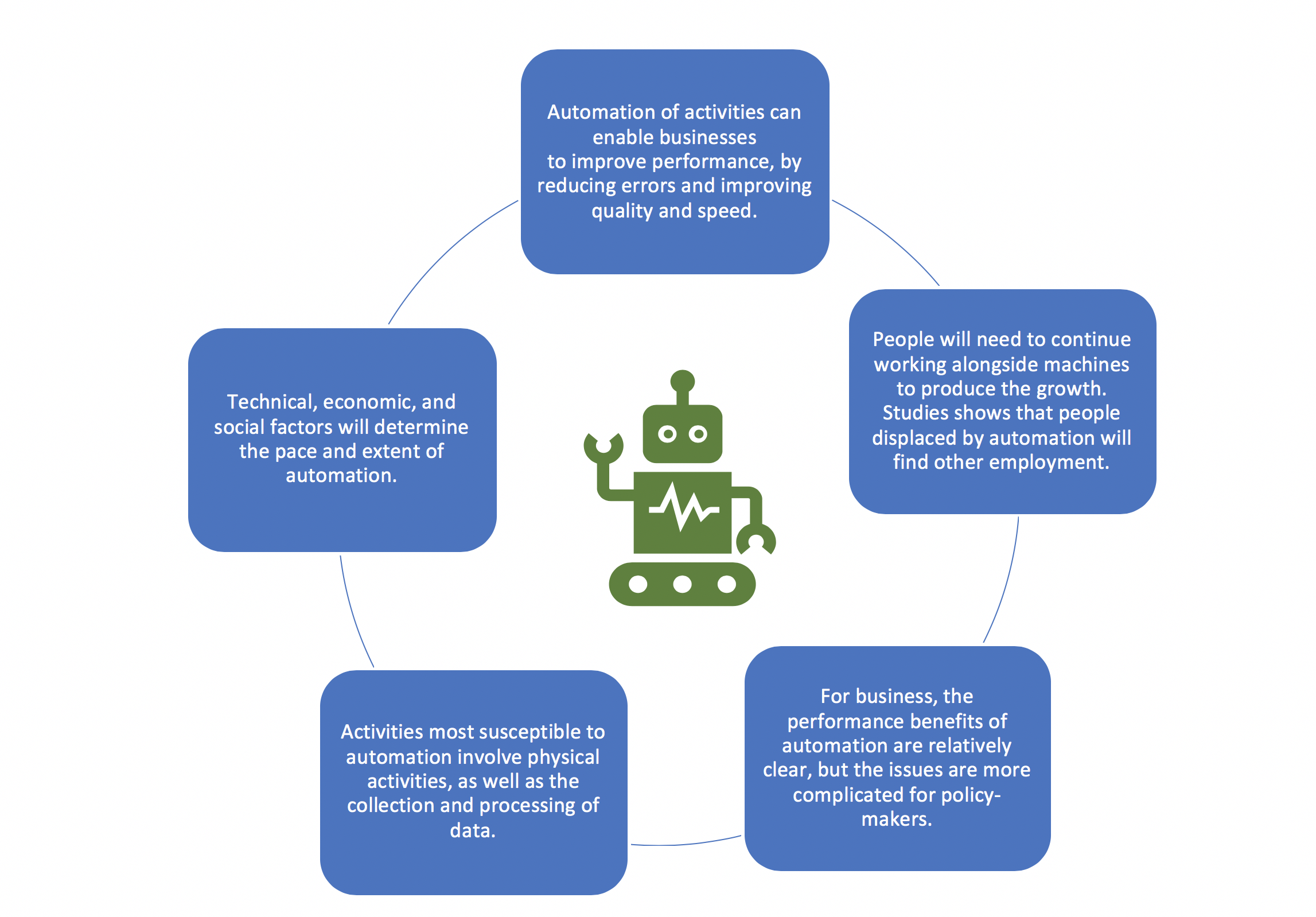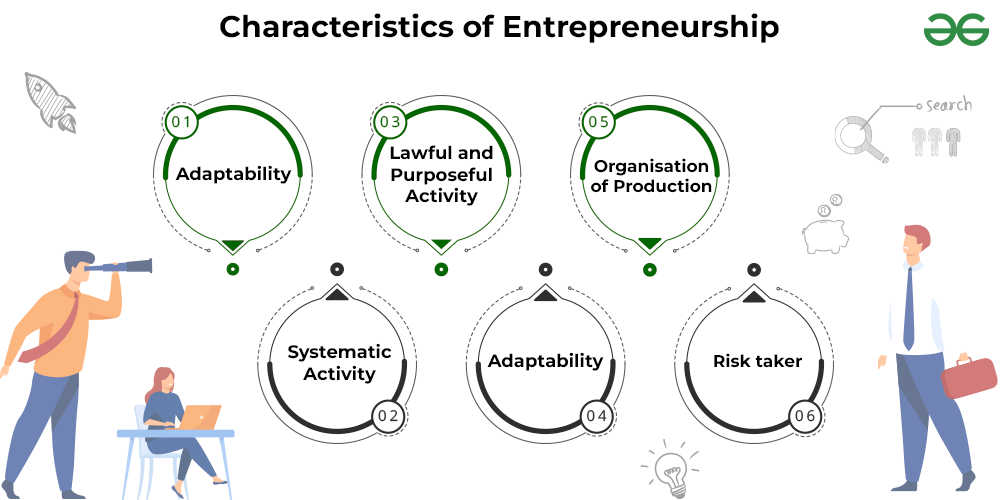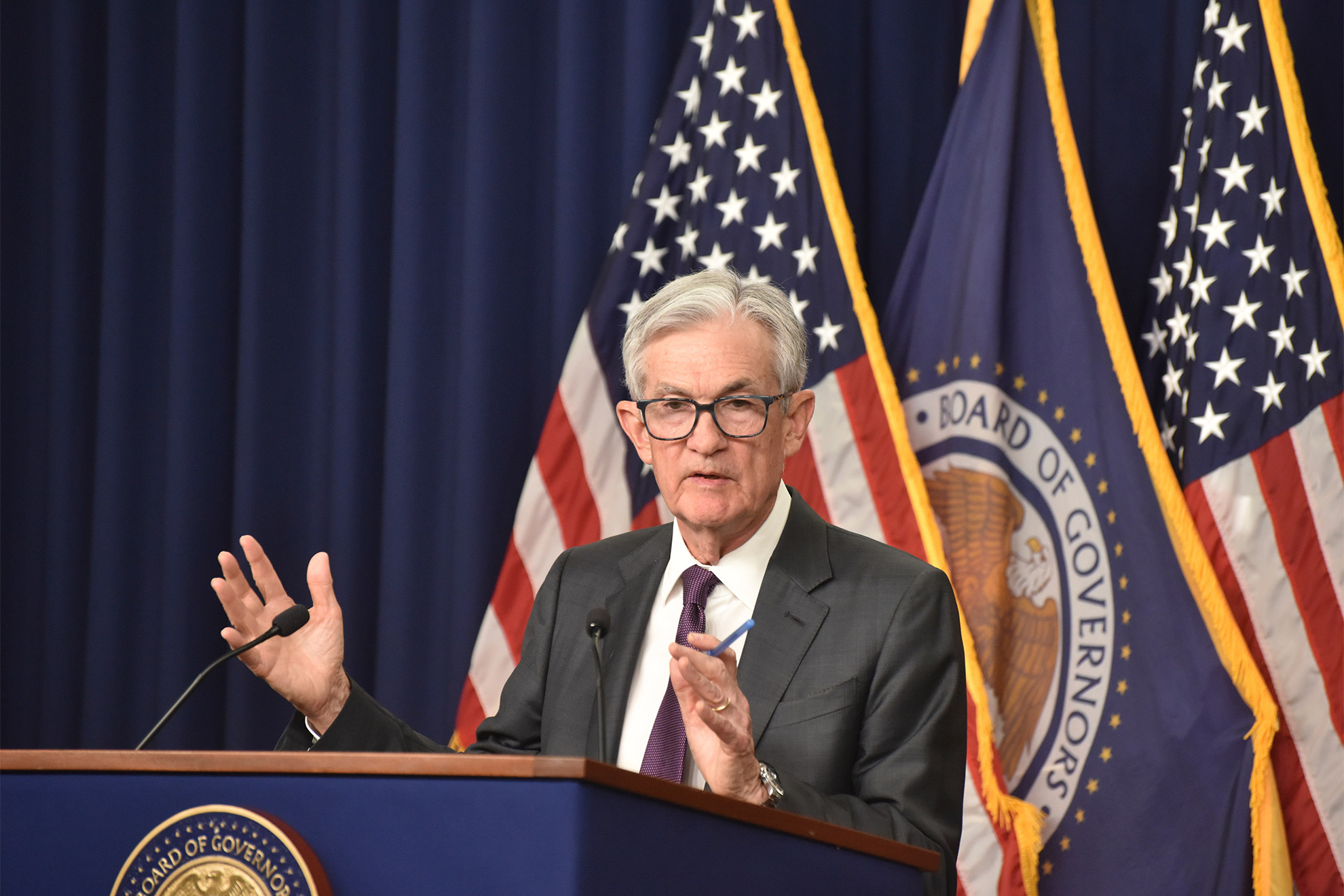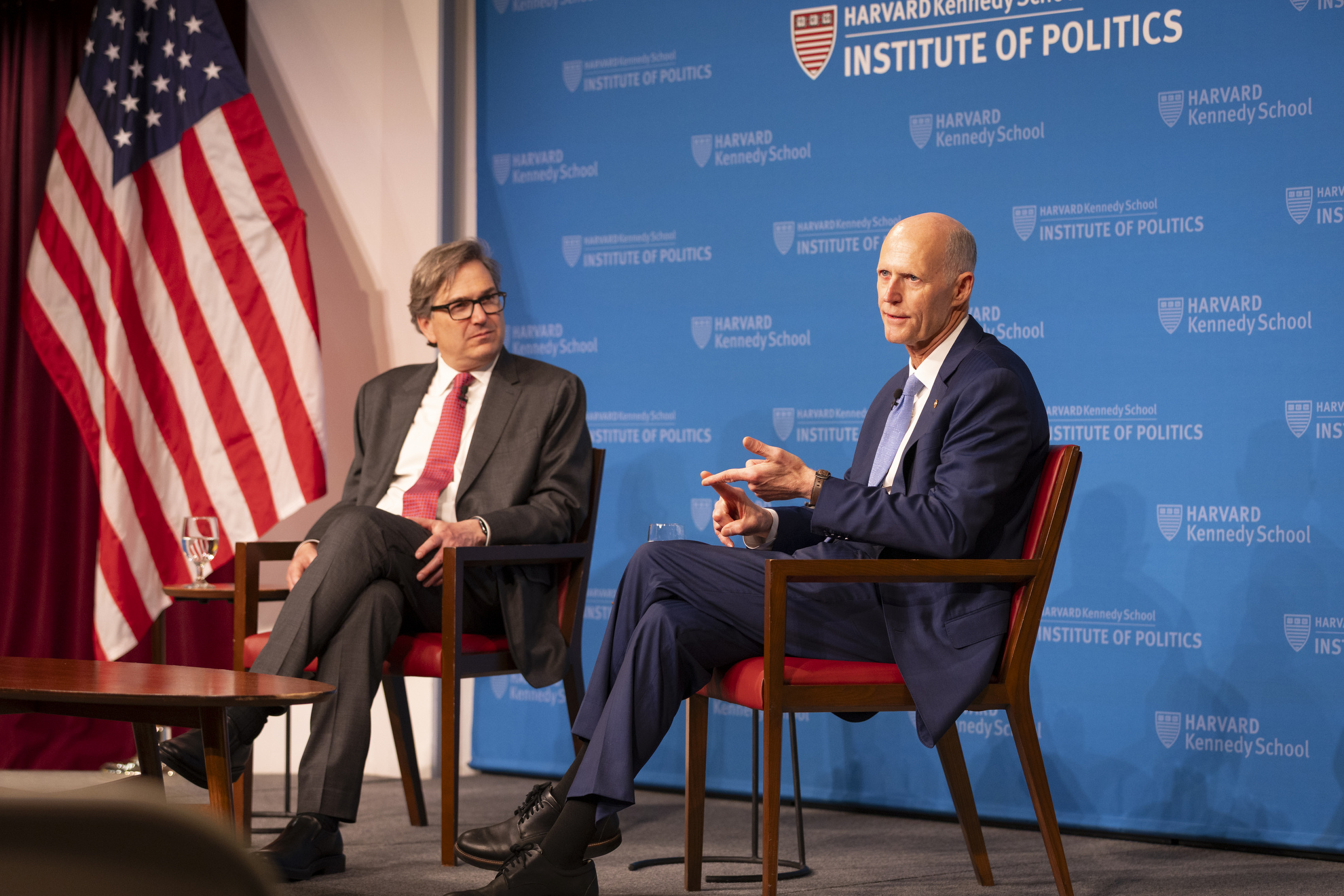The question, “Can Trump fire the Fed chairman?” has sparked considerable debate amid his rocky relationship with Jerome Powell, the current Chairman of the Federal Reserve. Since Powell’s nomination by Trump in 2017, their dynamic has raised eyebrows, especially as the president has publicly criticized Powell’s cautious approach to monetary policy. Trump’s insistence on more aggressive rate cuts has led to accusations that Powell isn’t doing enough to boost the Trump economy, creating tension that rattles financial markets. The prospect of the president removing Powell adds another layer of uncertainty to the already volatile discussions surrounding interest rates and inflation control. As this situation unfolds, it highlights the delicate balance required to maintain the Federal Reserve’s independence while navigating the political ramifications of monetary policy.
When discussing the potential for a presidential intervention regarding leadership at the Federal Reserve, it’s critical to consider the broader implications for U.S. economic policy. The Federal Reserve, often viewed as a cornerstone of the nation’s monetary framework, is uniquely positioned to influence inflation rates and economic stability. The idea of whether the president can indeed oust the current Fed chairman sparks a wider conversation on the powers held by the executive branch in matters typically reserved for independent institutions. Given the significant impact of Jerome Powell’s decisions on market sentiments, this debate transcends individual personalities and goes straight to the heart of economic governance in the Trump era. As the intricacies of monetary policy and its intersection with political pressures continue to evolve, understanding these dynamics becomes vital for investors and policymakers alike.
Understanding the Role of the Federal Reserve Chairman
The Federal Reserve Chairman plays a critical role in shaping U.S. monetary policy. Their decisions impact interest rates, inflation targets, and overall economic stability. Jerome Powell, currently the Fed Chairman, was appointed by former President Trump in 2017, marking the intersection of political influence and economic leadership. The independence of the Federal Reserve is essential to maintain market confidence, as decisions made by the chairman can have far-reaching implications on both national and global economies.
In essence, the chairman guides the Federal Reserve’s policy-making process, from setting interest rates to managing inflation expectations. This pivotal role requires balancing political pressures with economic realities. As monetary policy is primarily concerned with maintaining stable prices and maximum employment, the chairman must navigate external influences while upholding the Fed’s independence. Such autonomy is crucial, especially in politically charged environments, where pressure can lead to suboptimal policy decisions.
Can Trump Fire the Fed Chairman?
The question of whether President Trump can fire the Federal Reserve Chairman, Jerome Powell, revolves around complex legal and constitutional issues. While the Federal Reserve Act allows for the removal of Board members ‘for cause’, it does not explicitly state the same for the Chairman of the Federal Open Market Committee. This legal ambiguity raises concerns about the potential implications such an action might have on the Fed’s independence and its credibility, particularly in light of the current economic climate where confidence in monetary policy is paramount.
If Trump were to act on his rumored intentions to dismiss Powell, it would likely instigate significant market volatility. Investors typically react negatively to perceptions of political interference in monetary policy, fearing that such interventions could lead to less transparency and credibility from the Federal Reserve. Given that the chairman’s decisions are meant to be insulated from political pressures, the removal of Powell could compromise the Fed’s ability to effectively manage inflation and support the economy, further complicating Trump’s economic legacy.
Potential Market Reactions to Fed Chair Removal
The financial markets tend to react swiftly and often negatively to instability related to the Federal Reserve’s leadership. If Trump attempted to remove Powell, market responses would likely reflect a broader concern that the central bank’s independence is under threat. Investors might interpret such a move as a precursor to looser monetary policy that drives inflation higher, leading to skepticism in the Fed’s ability to control inflation effectively.
Moreover, the potential for rising interest rates would further unsettle investors seeking stability. Recent history shows that market trust is a fragile asset, and any hint of executive overreach could result in higher long-term Treasury yields as investors price in increased risk. So, while a change in leadership may seem a viable option, the consequences could ripple throughout the economic landscape, destabilizing the delicate balance of trust that the Federal Reserve must maintain.
The Independence of the Federal Reserve
The central premise behind the Federal Reserve’s independence is to shield it from political pressures that can distort monetary policy. With a dual mandate to promote maximum employment and stable prices, the Fed’s credibility hinges on its ability to operate free from direct political influence. This independence is vital for maintaining the integrity of monetary policy decisions that directly affect economic health, impacting everything from unemployment rates to inflation.
Maintaining this independence is particularly crucial in a politically charged environment, as public and market confidence in the Fed is fragile. Any attempts by the sitting president to intervene in Fed leadership could be viewed as an attack on this independence, leading to concerns over future monetary policy decisions. As history has shown, confidence is essential; without it, markets may react defensively, prompting volatility and economic uncertainty.
Legal Perspectives on Removal and Independence
From a legal standpoint, the powers of the presidency to remove the Fed Chairman are not clearly defined, leading to considerable debate among scholars and legal experts. The Supreme Court has previously ruled on the limits of executive power concerning independent agencies, raising the question of whether the president can indeed remove the Fed Chairman without cause. Different interpretations exist regarding the amendment added to the Federal Reserve Act in the 1970s, which complicates the legal landscape surrounding this issue.
Additionally, recent Supreme Court decisions have challenged long-standing interpretations of the ‘for cause’ provision in independent agencies, leading to uncertainty over the breadth of presidential removal powers. This uncertainty contributes to the overall apprehension felt within financial markets about potential changes in the Fed’s leadership structure, generating a cautious approach from investors as they await clarity on both legal and economic fronts.
Impact on Monetary Policy and Economic Growth
The relationship between the Fed Chair and the administration can significantly affect monetary policy direction and ultimately the economy’s health. Jerome Powell’s approach to balancing interest rates and inflation controls is designed to foster sustainable economic growth. However, political pressures can distort this balance, especially if the administration advocates for aggressive monetary easing as a means to stimulate short-term economic performance.
This potential clash between the White House’s desires and the Fed’s objectives illustrates the critical importance of maintaining an independent central bank. Should Powell remain in his position, monetary policy decisions can be made with a focus on long-term economic stability, rather than short-term political gains. The reliance on expected federal policy must be carefully managed to ensure economic growth does not come at the expense of rising inflation rates.
Jerome Powell’s Leadership Style and Effect on Markets
Jerome Powell’s leadership style has been essential in navigating the complexities of contemporary monetary policy. As a relatively cautious figure, he has aimed to foster consensus within the Federal Open Market Committee, promoting a balanced approach to interest rate adjustments while considering broader economic indicators. This approach has been seen as a stabilizing force amid heightened political tensions and market volatility, highlighting the necessity for a Fed Chair who can navigate between rapid shifts in policy and the core principles of economic governance.
Markets often look for signs of continuity and stability within the Federal Reserve’s leadership, and Powell’s measured approach has generally tended to reassure investors. However, the uncertainty surrounding his potential removal by President Trump poses genuine risks, leading to apprehension about the future direction of monetary policy. Replacement by a more politically aligned figure could signal a shift towards a more hawkish or dovish approach, which could further complicate market expectations and economic forecasts.
Historical Context of Fed Chair Removals
Historically, the removal of a Federal Reserve Chairman is a rare and consequential action that often carries serious ramifications for both markets and the economy. Past instances of removal or resignation have typically been linked to significant economic crises or overwhelming political pressure, emphasizing the precarious balance maintained by the Fed in its independent status. The idea of acting against such an established norm would reflect a dramatic departure from tradition and could establish a troubling precedent for future administrations.
The circumstances under which a president might choose to remove a Fed chair are laden with potential consequences. The market’s historical response to leadership changes has underscored the importance of perceived independence and credibility in the Federal Reserve. Each shift highlights the need for consistent communication and policy alignment to build trust with investors, as any abrupt changes in leadership can lead to worrying fluctuations and a shakeup in economic stability.
The Future of the Federal Reserve Under Political Influence
Looking ahead, the future of the Federal Reserve amid political influences remains uncertain. The ongoing discourse surrounding Jerome Powell’s tenure and the potential for removal underlines broader questions about governance and the role of central banks in democratic societies. Ultimately, the relationship between the executive branch and the Fed will significantly shape how monetary policy is executed, especially as America faces fresh economic challenges.
As the landscape continues to evolve, the necessity for a strong, independent Federal Reserve becomes even more paramount. The constant balancing act between political pressures and economic fundamentals will require astute leadership from the Fed Chair, alongside a commitment to preserving the elements of independence that are vital for effective monetary management. How these dynamics play out will have lasting implications for federal policies and the U.S. economy at large.
Frequently Asked Questions
Can Trump fire the Fed chairman Jerome Powell?
While President Trump has suggested he may consider firing Federal Reserve Chairman Jerome Powell, the reality is more complex. The Federal Reserve Act allows for the removal of governors ‘for cause,’ but it is debated whether this includes the chair. Legal scholars believe that such a move could undermine the Fed’s independence and may not be permitted by law.
What would happen if Trump attempted to fire the Fed chairman?
If Trump were to attempt to fire Jerome Powell, it could lead to significant market turmoil. The financial markets fear that such a move would signal an intention for aggressive monetary policy changes, undermining the Fed’s credibility and causing longer-term interest rates to rise dramatically.
Is there a risk to the Trump economy if he fires the Fed chairman?
Yes, firing the Fed chairman could destabilize the Trump economy. Analysts warn that this action could lead to a loss of trust in the Federal Reserve and result in higher inflation expectations, which would negatively impact economic growth and market stability.
How much power does the Fed chairman have over monetary policy?
The Fed chairman, currently Jerome Powell, holds considerable influence over monetary policy but does not dictate policy alone. The Federal Open Market Committee (FOMC) operates collaboratively, requiring consensus among its members to set interest rates and implement monetary policy.
Can Trump’s concerns over Jerome Powell’s policies lead to his dismissal?
Trump’s concerns regarding Powell’s approach to interest rates and inflation have been vocal but may not legally justify his dismissal. Any attempt to remove the Fed chairman would likely provoke a legal battle over the interpretation of the Federal Reserve Act and the president’s authority.
What implications would firing the Fed chairman have for Federal Reserve independence?
Firing the Fed chairman would potentially undermine the longstanding independence of the Federal Reserve, which is critical for maintaining credible monetary policy and long-term economic stability. It could set a troubling precedent for future interactions between the executive branch and independent agencies.
Are there legal grounds for Trump to remove the Fed chairman?
The legal grounds for removing Jerome Powell are murky. The Federal Reserve Act specifies that governors can be removed for cause, but it is unclear if this includes the chair, especially given recent Supreme Court rulings on the powers of the presidency regarding independent agencies.
How would the markets react to Trump firing the Fed chairman?
Markets typically respond negatively to uncertainty. If Trump were to fire Powell, it would likely cause immediate market instability as investors assess the potential for looser monetary policies, diminishing the Fed’s credibility and increasing risk premiums on long-term investments.
Could Trump’s threats to remove the Fed chairman impact monetary policy decisions?
Trump’s threats could subtly influence monetary policy decisions as the Fed might consider market reactions when deliberating policy changes. However, the Fed’s independence is designed to shield it from political pressures to ensure sound monetary policy management.
What has Trump said about Jerome Powell’s performance as Fed chairman?
Trump has criticized Jerome Powell for not being aggressive enough with interest rate cuts, which he believes are necessary to stimulate the economy. This ongoing tension highlights the complex relationship between the president and the Federal Reserve.
| Key Point | Details |
|---|---|
| Trump’s Relationship with Powell | Trump has had a contentious relationship with Fed Chairman Jerome Powell, criticizing him for not being aggressive enough in cutting interest rates. |
| Legal Authority to Fire Powell | There are debates over whether Trump has the constitutional and statutory authority to remove Powell, particularly given the Federal Reserve Act amendments. |
| Market Reaction Considerations | Many analysts believe that removing Powell could significantly harm the Fed’s independence and lead to market instability. |
| Potential Supreme Court Rulings | Recent Supreme Court decisions have raised doubts about the 85-year precedent supporting ‘for cause’ removal protections in independent agencies. |
| Impact on Monetary Policy | Any attempt to remove Powell may suggest a shift in monetary policy towards looser terms, causing market distrust in the Fed’s independence. |
| Public Misperceptions of Fed Chair Power | The Fed Chair does not exercise unilateral control over policy; he must build consensus within the Federal Open Market Committee. |
| Successor Considerations | If Powell is removed, the choice of his successor may not reassure markets due to existing fears of a less independent Fed. |
Summary
Can Trump fire the Fed chairman? While legally it may seem possible, the implications of such an action could deeply unsettle financial markets and compromise the Federal Reserve’s independence. Trump has indicated frustration with Powell’s policies and has hinted at the possibility of removing him before his term ends. However, key legal analyses suggest that the president’s power to do so is not straightforward and would likely result in severe market reactions, highlighting the delicate balance of power and influence within U.S. monetary policy. Ultimately, the consensus among experts is that firing Powell could lead to significant instability not only within the Fed but also across global financial markets.





